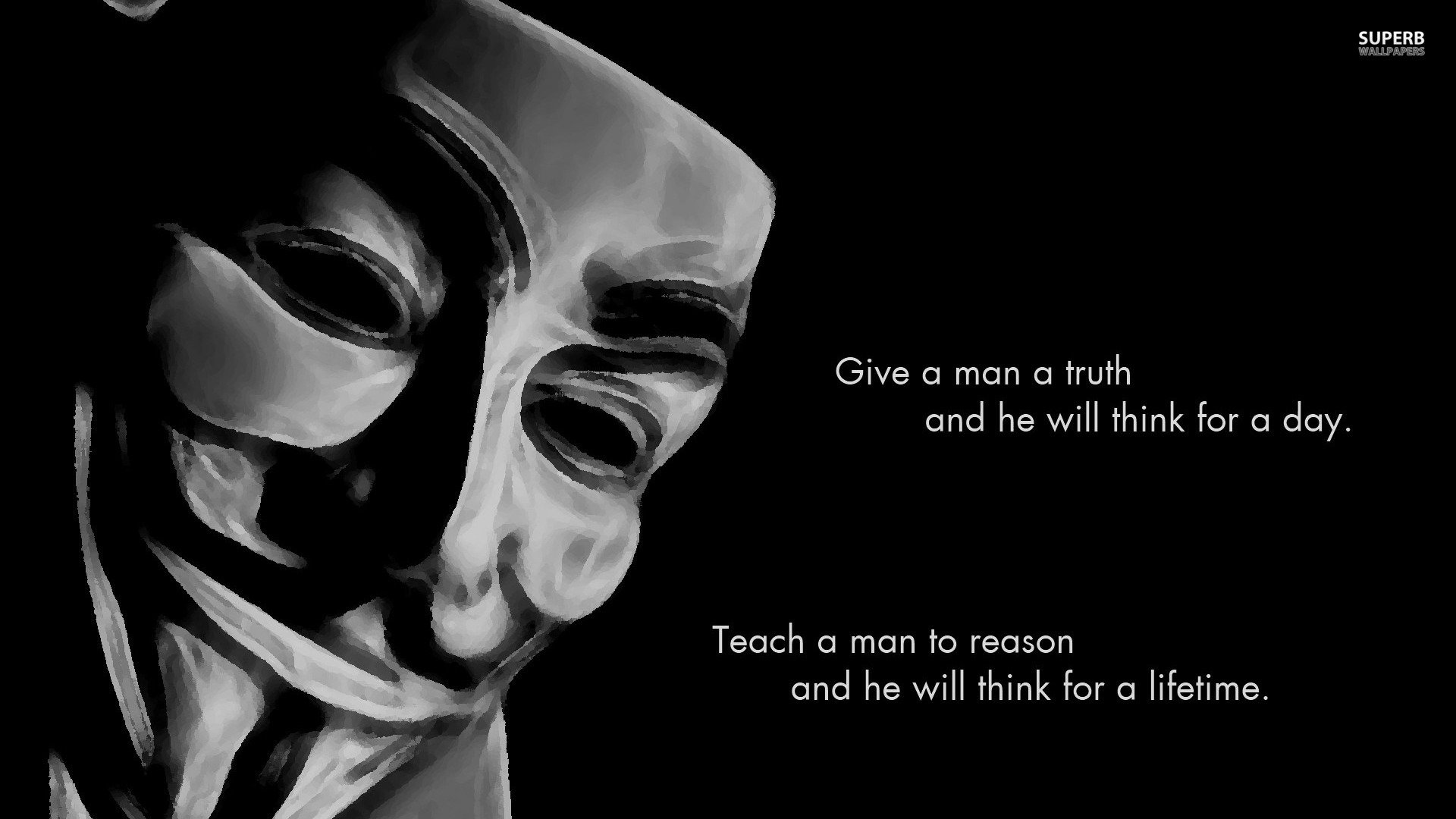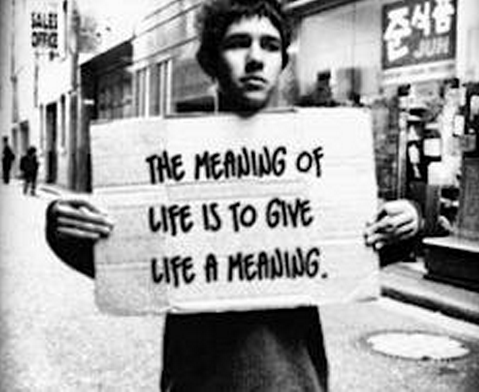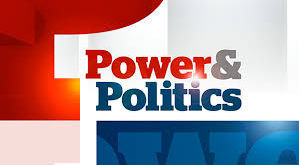EINSTEIN: There are two different conceptions about the nature of the universe. One is of the world as a unity dependent on humanity. The second is that of the world as a reality independent of the human factor.
TAGORE: When our universe is in harmony with man, the eternal, we know it as truth and we feel it as a beauty.
EINSTEIN: This is the purely human conception of the universe
TAGORE: There can be no other conception. This world is a human world- the scientific view of it is also that of the scientific man. There is some standard of reason and enjoyment which gives it truth, the standard of the eternal man whose experiences are through our experiences
EINSTEIN: This is a realisation of the human entity
From a philosophical view, there are a few different theories of truth, and although none of them are entirely satisfactory, each of them seems to capture a fragment of the ‘truth about truth’
The first is the Correspondence theory: according to this, a statement is true only if it corresponds to a fact. Even though this looks trivial on the surface, one of the strengths of this theory is that it insists that truth depends on how things are in the real world, and not that a statement is true because an authority said it was true.
The major criticisms of this theory are:
- You may feel comfortable with the existence of some facts (for example Mumbai is in Maharashtra), but what about a statement like ‘ All metals expand when heated’ or ‘There are no donkeys on Mars’? What about the fundamental laws of physics? Did they exist ‘factually’ before the Big Bang? Where is this catalogue of true facts exactly?
- There is a gap between languages and the content that they wish to describe. Correspondence can never be perfect. What is true of pictures is equally true of language: truth described cannot be exactly equal to the truth experienced
- Truth cannot be determined in isolation. You can say that there is a monkey right in front of you and that it is a fact as you can see it in front of you. But how do you know your eyes aren’t deceiving you? The only way of determining if something is an illusion or not is to see how what you think fits in with other things that you believe to be true. Hence, interconnectivity between a group of hypothetical statements is necessary.
Next is the Coherence theory. This is akin to setting up a case in the court of law, in the scenario of knowledge by testimony. All you can check is how coherent all the evidence is, and if it all points in the same direction or not. Coherence is especially important for empirical propositions. For example, someone having sighted a shark in a freshwater lake would be a false claim since all sharks are salt water animals. You wouldn’t have to actually go to the fresh water lake and scout for a shark endlessly.
The major criticisms of this theory:
1)Although coherence is a good negative test for truth, it isn’t such a great positive test. While coherence can be utilized to an extent for a positive test, it does not seem to be a sufficient one. For example, if parts of a work of fiction are coherent, that does not mean the whole work is true.
2) Coherence cannot exclude crazy beliefs. The most outlandish theory can be made to seem coherent. It can be said that the earth is actually flat, and not round as seen by the Apollo astronauts, as space missions so far have been faked.
3) Coherence can lead to complacency since it makes you reject anything that does not fit in your way of looking at things. If a racist comes across evidence that contradicts his prejudice, he should not (as suggested by coherence theory) reject it. Instead, he ought to question his underlying assumptions that helped solidify his prejudice.
Thirdly, there is the Pragmatic theory that states that a proposition is true if it is useful or works in practise. It’s similar to an engineer’s approach to truth: if a bridge does not fall down, then the principles on which it was built must be true. (In the same vein, some philosophers say that if the hypothesis of God works satisfactorily in the widest sense of the word, it is seen as true)
Criticism:
- A well-known mathematician once proudly boasted that he had never done anything useful, as at the abstract level, a great deal of mathematics is useless in the sense that it has no practical application. Hence, a statement could be true, but not useful.
But also not possibly true (example: we are all put on earth for a reason and each one of us has a special talent that makes us valuable in unique ways) but could be useful ( as it assigns meaning to everyone’s life and hence has a higher probability of helping us live fruitfully).
Basically, ‘useful’ is too vague a term to actually give us a workable theory of truth.
- Two contradictory beliefs could be true. Buddhists believe that the Buddha is the highest source of power. Christians think it is Jesus. Both cannot be ‘true’ since they contradict one another, but they make adherents of each religion happy, and hence, are ‘true’ as per Pragmatic theory
Philosophers have also said that combining all three theories of Truth might give us a better test. We might then be able to more confidently say a theory is true if it is supported factually, is coherent, and works in practice, so that we can make better predictions.
To end with, consider this passage (also by Einstein) about our ability to discover truth:
‘In our endeavour to understand reality, we are somewhat like a man trying to understand the mechanism of a closed watch. He sees the face and the moving hands, even hears it ticking, but has no way of opening the case. If he is ingenious, he may form some picture of a mechanism which could be responsible for all the things he observes, but he can never quite be sure that his picture is the only one that could explain his observations. He will never be able to compare his picture with the real mechanism and he cannot even imagine the possibility of such a comparison.’
 The Holy Connection An Alternative Exploration of Existence
The Holy Connection An Alternative Exploration of Existence






